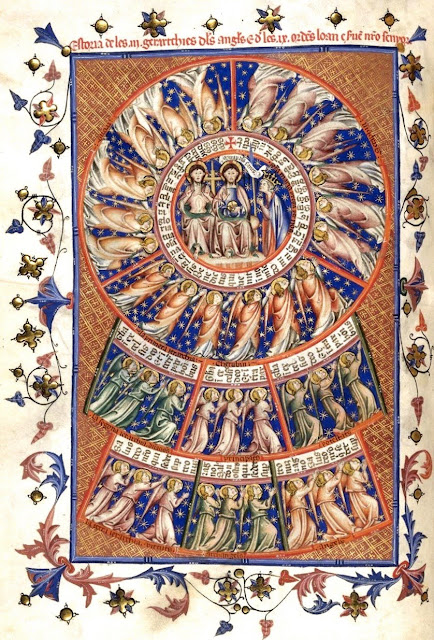 |
| The Lord's Prayer in Luke from Codex Sinaiticus |
When I am reading and translating the New Testament (the Greek Bible) I like to use a method which is called dynamic equivalence. That is an approach in which we are not translating word for word, but rather trying to capture the original meaning and intention. Let us now try this method and translate the Lord’s Prayer from the socio-economic context of the first century Palestine into our modern American idiom. What prayer would Jesus teach his disciples in our days?
Loving God of the highest authority.
I translate “loving God” because “father” has now way too patriarchal of an aftertaste. On the other hand Heavenly Parent of some translations is way too familial. In the first century “father” was a figure of authority. Loving God seems to me like a reasonable balance between familiarity and respect.
May what you stand for be the measure for everything.
That is my attempt to convey and translate to modern idioms the concept of holiness and divine kingdom.
May the world be shaped as your love will have it.
Translating a petition which asks for the divine rule(divine will) to come from Heaven down to Earth.
Preserve
for us and future generations enough for everyone to live:
with
fresh air to breathe, clean water to drink, a blue planet to inhabit.
In the Ancient Near East devastating famines
were a regular occurrence and for many people in Jesus’ times their food
security was a daily concern.
In our world the food security is also a
painful reality, but is caused and simultaneously overshadowed by a human
caused environmental devastation.
May our society be organized fairly, without anyone crushed by debt or need.
The original text clearly spoke about the debt-forgiveness. All other words (sins, trespasses etc.) strive to translate Greek OFEILÉMA (likely the original Aramaic root HWB) which was debt/obligation/anything owed. This is my attempt to provide idiomatic meaning of forgiveness of debts within the context of social justice.
Let
the police and courts treat people justly,
regardless
of their class, nationality or race.
The original text requested a protection from “being handed over to judgement/trial” either to the corrupt Jewish(Herodian) authorities or even more probably to the occupying Roman power - those were the evil powers of those days. In our times when, prisons are disproportionally filled with black men, the poor and the mentally ill, I believe ours is an accurate contextual translation.
With
thanks we now submit ourselves under your bright and loving rule for ever.
And
together we say - So be it!
The closing doxology is not biblical and I took freedom to translate it from the broader Greek context translating “kingdom, power and glory” and final Semitic “amen”.
And
so here is our translation of the Lord’s Prayer. In Advent Season let us to
stop and think about and hopefully also act to bring about the coming (advent)
of the divine justice from the ideal world (heaven, divine realm) to our daily
lives.
Loving
God of the highest authority:
May what you stand for
be the measure for everything.
May the world be shaped
as your love will have it.
Preserve
for us and future generations
enough for everyone to live:
with fresh air to breathe,
clean water to drink,
and a blue planet to inhabit.
May
our society be organized fairly,
without anyone crushed by debt or need.
Let
the police and courts treat people justly,
regardless of their class, nationality or
race.
With
thanks we now submit ourselves
under your bright and loving rule for ever.
And together we say – Let it be so!
Homily on different translations of the Lord's Prayer can be found here: Praying Lord's Prayers



